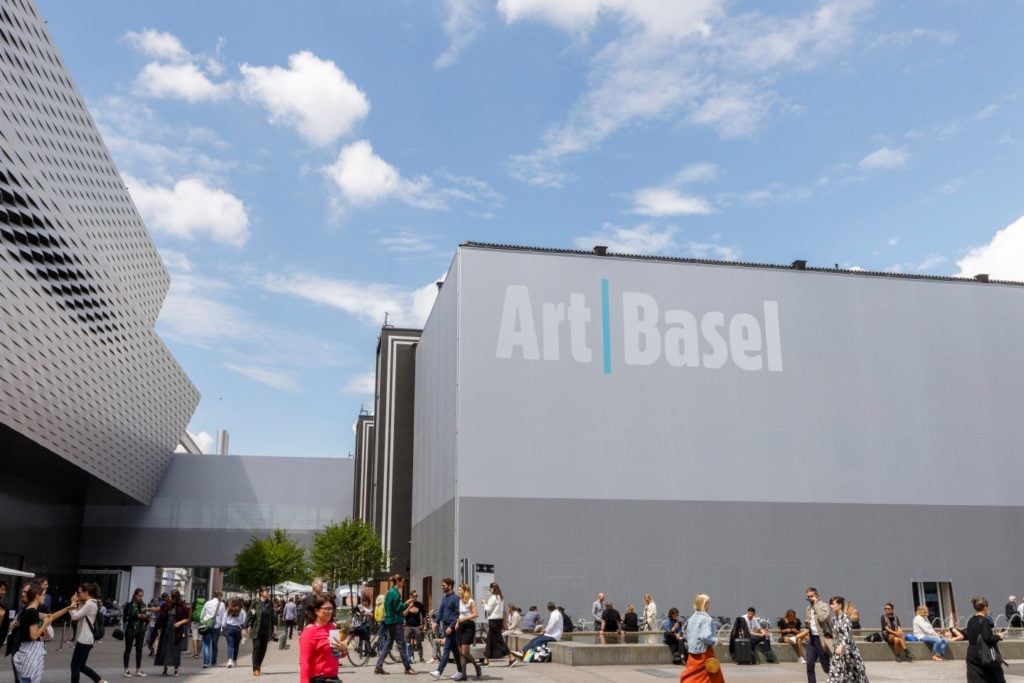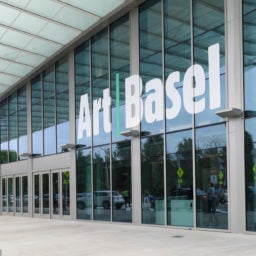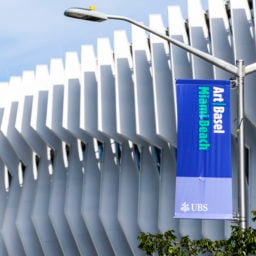Faced with an unprecedented challenge to its business model, Art Basel is working to adapt. After the cancellation of its Hong Kong and Basel fairs, and with the fate of its Miami edition up in the air, the organization has announced a slate of new digital initiatives that suggest it is bracing for long-term changes.
Art Basel organizers plan to present two new online viewing room initiatives in September and October, which they describe as “freestanding, thematic editions.” Unlike previous iterations of the Art Basel-branded viewing rooms, these will not be provided free of charge to exhibitors at the physical fairs. Instead, Art Basel will charge a flat fee of CHF 5,000 ($5,500) for each of the new editions.
The fee is similar to that charged by Frieze Art Fair for its October online viewing room initiative, which will cost galleries between $2,000 to $7,600, depending on their location on the site. Both iterations are accepting proposals from any gallery that has exhibited in an Art Basel fair from 2018 onward.
The first iteration, dubbed “OVR:2020” and scheduled to run from September 23 through 26, will be entirely dedicated to works made this year. “OVR:20c,” which will be live from October 28 through 31, will exclusively feature works created in the 20th century.
To keep things manageable for browsing, the number of galleries in each edition will be capped at 100. Each will run over the course of four days. “This new format will give Art Basel galleries the opportunity to present tightly curated exhibitions drawn from their programs, showing six works simultaneously,” the fair said in a statement.
Applications will be reviewed by newly formed selection committees. The September committee comprises Sadie Coles, Massimo de Carlo, Mills Morán, Prateek Raja, Lisa Spellman, and Jasmin Tsou, while the October committee includes Emi Eu, David Fleiss, Thiago Gomide, Steven Henry, Lucy Mitchell-Innes, and Mary Sabbatino.
While organizers acknowledged the ongoing uncertainty surrounding Art Basel Miami Beach, they said that the winter event would involve digital programming whether or not the IRL fair moves ahead. “Regardless of whether Art Basel can proceed with the show in Miami Beach,” they said, another online viewing room event will be taking place in December, with more details to follow. (Notably, the number of cases per capita in Florida is higher than in almost any other state.)
“While the art market still faces difficult times,” Art Basel’s director Marc Spiegler said, “I feel it is pivotal for us to continue exploring different ways of supporting galleries and engaging with our audiences.”









